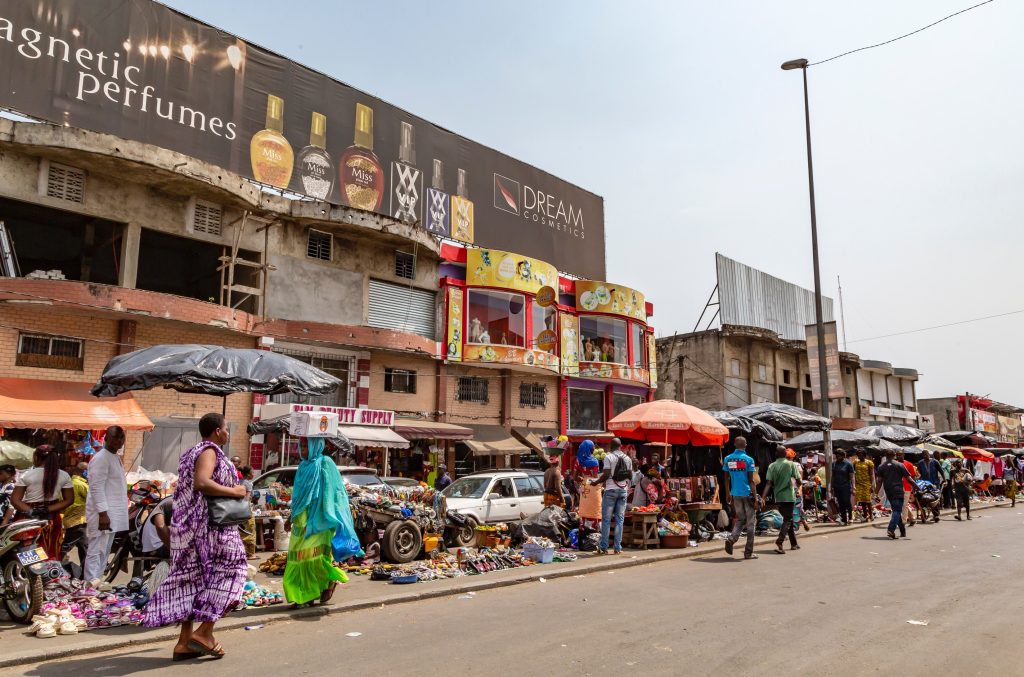Recently, while sharing valuable tips on mastering adaptability in entrepreneurship and navigating career transitions on the BLACK RISE Podcast Series with Flavilla Fongang, ETK Managing Director Bolajo Sofoluwe emphasised that success is a marathon, not a sprint.
The same could be said about doing business in Africa. If you are a company trying to enter the African market in 2024, our advice to ‘newbies’ is to treat doing business in Africa as a marathon, not a sprint.
Do you need a crash course on entering the African market? Our FREE Market Entry Guide will teach you all you need to know, from picking the right partners to selecting the suitable market for your product and service, promotion, and finding your African client base.
Doing business in Africa is a marathon; if you aren’t physically fit, don’t start. African marketplaces require a significant amount of discipline, attention, time, and investment. The goal is to cross the finish line, and whether you’re first or last, the real achievement is getting started and earning the “medal” of success.
Before you get started, it’s crucial to outline your market entry objectives when considering expansion and entry into the vibrant African markets. Whether you’re eyeing Nigeria, Ghana, Kenya, South Africa, or any other country on the continent, consider these key points:
Business Objectives for Africa Expansion
It is critical to define your African expansion goals and how success will be judged. Set precise targets to help you track your development and measure your triumphs as a starting point. Measuring progress and determining whether your strategy is performing as anticipated can be challenging without clearly defined targets. This must be in line with the goals of your firm. For example, if you are expanding into a new African market like Ghana, your objectives could include increasing your customer base, increasing revenue, or enhancing brand visibility.
Understand your Sales Value or Volume
Rather than monetary profit, your targeted sales volume reflects the quantity of products you need to sell in your chosen African market. While it may appear that sales volume is less essential, this is not true. Africa’s growing population presents significant prospects for retail and distribution expansion. As a result, your sales volume is an important sign of the health of your African business. It enables you to monitor the effectiveness of marketing initiatives, assess the efforts of sales personnel, and select the ideal sites for real stores.
Identify Relevant Product or Service
If you have considered direct sales or exporting as your main entry options into your chosen African market, the overall success of your export business in Africa will depend strongly on the products and markets you have chosen to export to.
The right market can give you a competitive advantage and the chance to expand your business. On the other hand, picking the wrong market can lead to low sales, higher expenses, and legal difficulties.
Define your Target Market or Markets
When expanding into Africa, one of the major areas to consider is market size. While most African countries can boast of a sizeable population, a market worth targeting should be sizeable enough to be profitable, have growth potential, not already be swamped by competitors, be accessible, and fit with your firm’s mission and objectives.
Allocating Resources for Project Success
Funds and resources play a vital role in the success of your expansion into African markets. You might have a great idea to compete in the sustainable energy market in Africa. However, it is a business that is capital-intensive. What this means is that you will either need a lot of money or must be able to raise funds. The question then is: does your organisation have the resources to do business in Africa?
Is your business eyeing economic opportunities in Africa? Our team of African business expansion experts is ready to guide you in achieving your African market entry goals.


